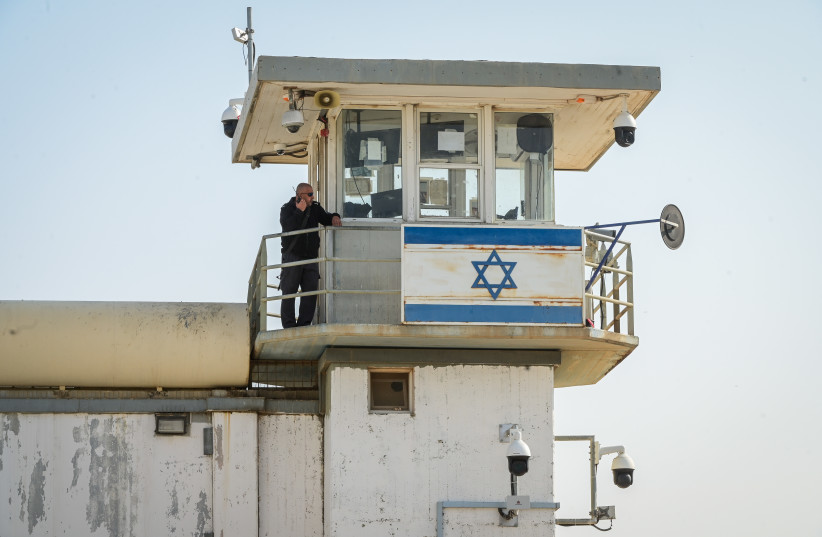IDF soldiers have been voting in the municipal elections throughout the last week and will reach their peak as the rest of the country goes to vote.
Throughout Election Day, around 570 polling stations will be opened in various IDF positions, including conflict zones, with the southernmost station located in Eilat and the northernmost in Mount Dov.
Around one-third of the polling stations in the IDF have been opened for early voting in Gaza, the northern border, and the Golan Heights. All soldiers will be able to vote on Election Day from 8 a.m. until no later than 9 p.m., according to operational needs. In addition, mobile polling stations will operate among different positions, as well as by Iron Domes batteries and among emergency standby squads in order to reach all IDF soldiers and allow them to exercise their voting rights.
The military polling stations opened last Tuesday in Gaza and the northern border for a full week. Around 12 military polling stations were opened in several locations to allow soldiers to exercise their voting rights for the local authorities.
Voting in the Israel Prison Service
At the same time, the Israel Prison Service also prepared for municipal elections. The potential voters consist of approximately 10,100 prisoners and about 2,000 staff members in the prisons. Sixty-one ballot boxes were distributed to prisons across the country, some stationary and some mobile.

According to the law, every Israeli citizen who is at least 17 years old and is registered in the voter registry, and is in prison on Election Day, is entitled to exercise their right to vote in their place of imprisonment.
Prisoners will exit their cellblocks in an orderly manner and will receive identification from the block administrators, after which they will be escorted by guards to the ballot boxes located in coordination with the election committee representatives, within the prison grounds in a place that ensures the secrecy of the vote.
The members of the election committee, except the secretaries, are party-affiliated citizens. The ballots will be open between 8 a.m. to 8 p.m. and then will be collected from the prisons.
